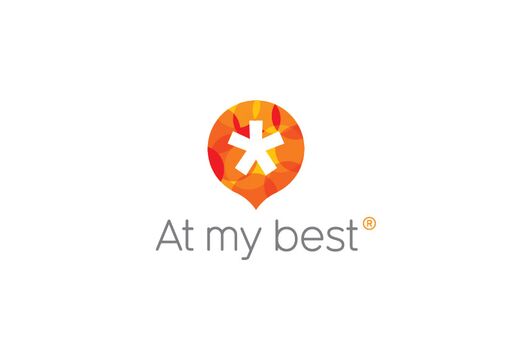'But what about when your strengths become weaknesses?’
This is by far the most frequent objection I hear to the idea that we should play to our strengths. For a long time I politely danced around the answer, not wanting to offend or contradict.
These days I’m a lot less hesitant.
Strengths CAN’T become weaknesses. Think about it, we’d never say someone has too much artistic talent, that they could run too fast or write too well. So why would we say someone is too patient or too creative? We’d never suggest to a child who is acing Maths exams that their mathematical knowledge might be a bad thing. So why would we tell the same child that their strength in persistence might sometimes be a negative?
To suggest that a strength can be a weakness lessens the value of that strength. One of the key reasons strengths-based practices work is because of the positive emotions we feel when we identify and use our strengths. If we start suggesting there are negative aspects to those strengths then that distracts and detracts.
But that doesn’t mean you can’t make bad choices about how and when you deploy your strengths. Just like you could use your writing skill for ill, you can deploy your strengths in unhelpful ways. It doesn’t mean your strength has become a weakness, rather it means you used it at the wrong time or in the wrong place.
The higher your level of self-awareness and social awareness the less likely you are to deploy strengths inappropriately. That’s why we put so much effort in to helping people to understand what their strengths look and feel like for them, personally.
We define strengths as:
'the underlying qualities that shape who you are, at your best’.
Ryan Niemiec describes character strengths as:
'positive personality traits that reflect core identity and produce positive outcomes for oneself and others; and contribute to the greater good’ (Niemiec, 2018).
In other words, strengths are GOOD things, things that we should be proud of. Making people feel bad about their strengths isn’t consistent with strengths theory or the evidence of how and why playing to our strengths is effective.
For that reason, I don’t use the ‘strengths overplayed’ or ‘strengths overused’ language because I think it’s too easy to slip from there into the ‘strengths as weaknesses’ language.
If you push me, then I would say I prefer to use ‘strengths mis-use’. But the much more important thing is to focus on increasing people’s awareness so that they understand how to use their strengths effectively so that they are always (or very nearly always!) producing the positive outcomes that Niemiec refers to.
To find out more about the At My Best Strengths Cards click here
